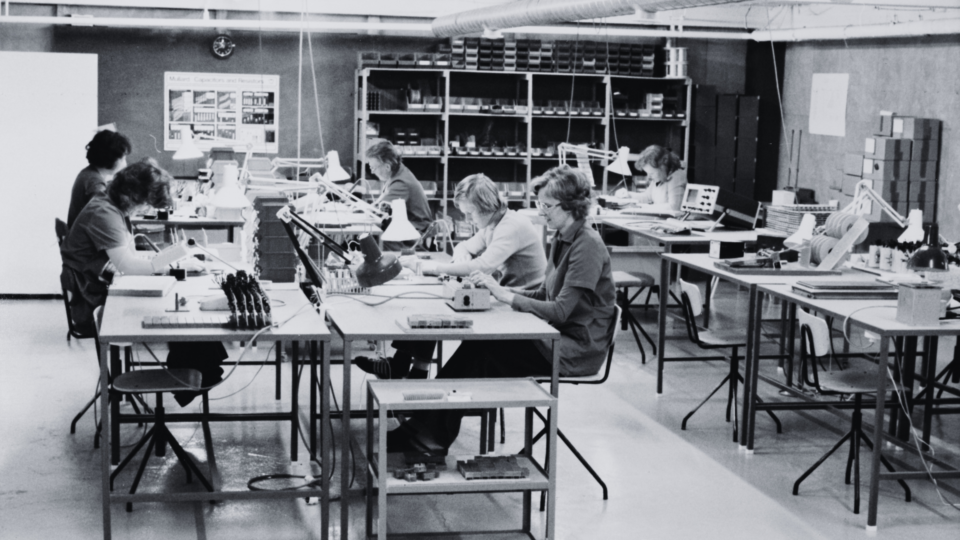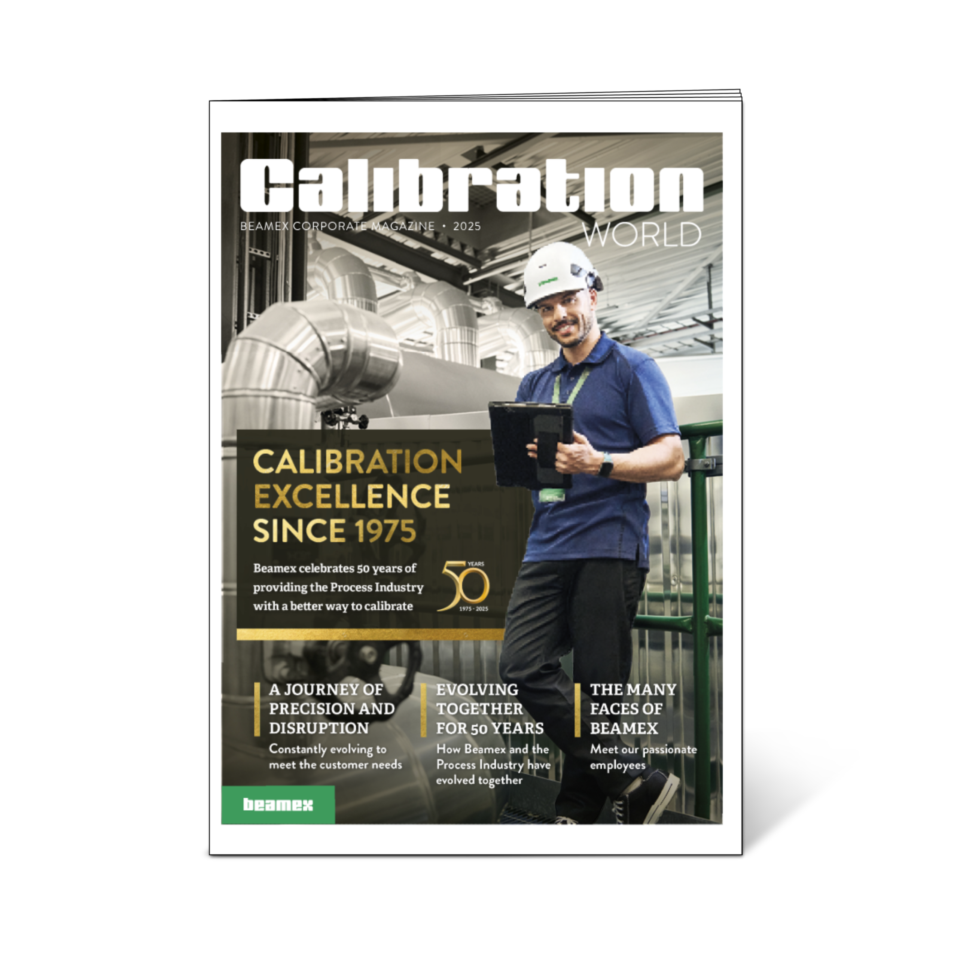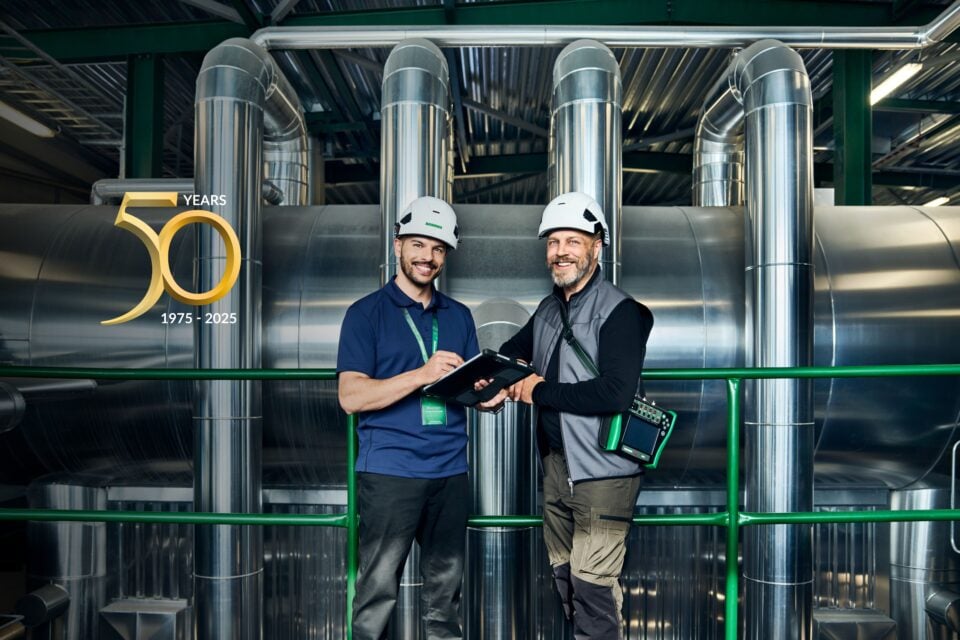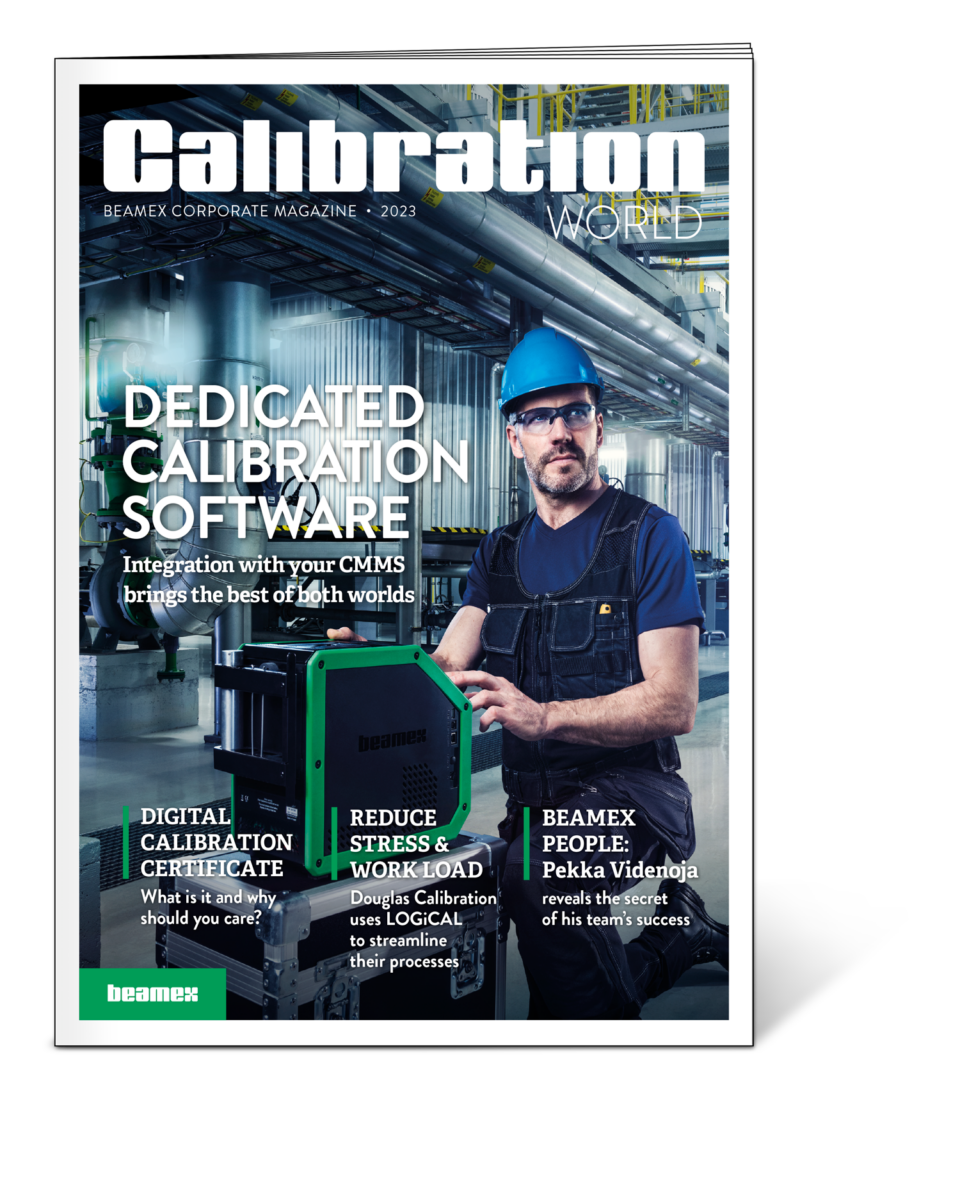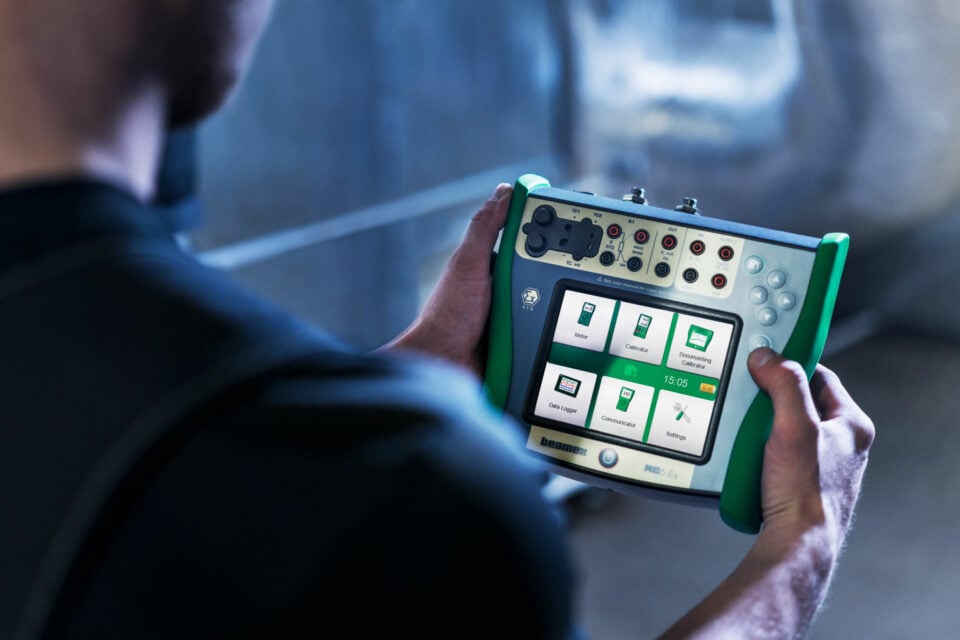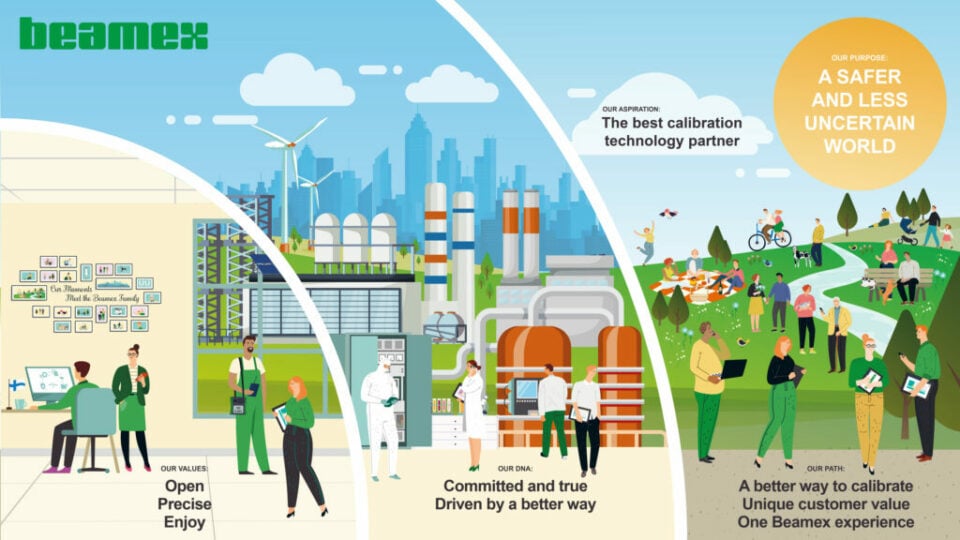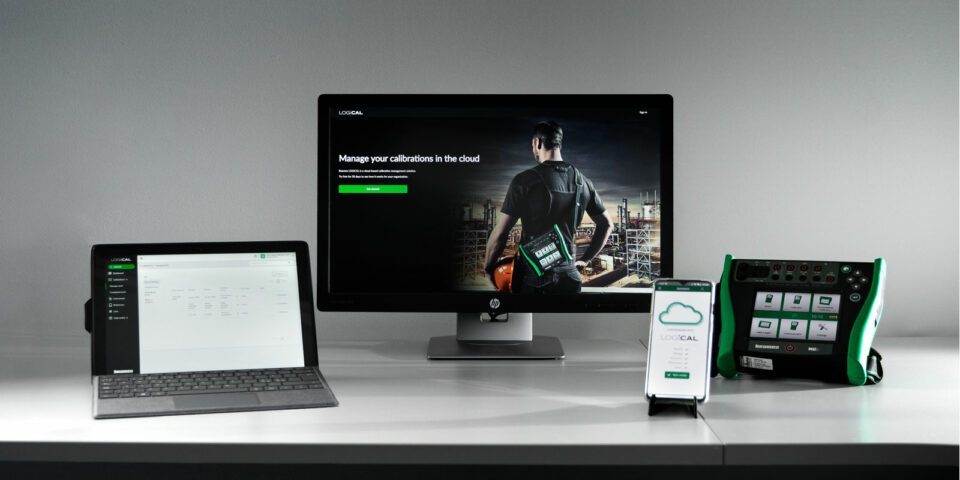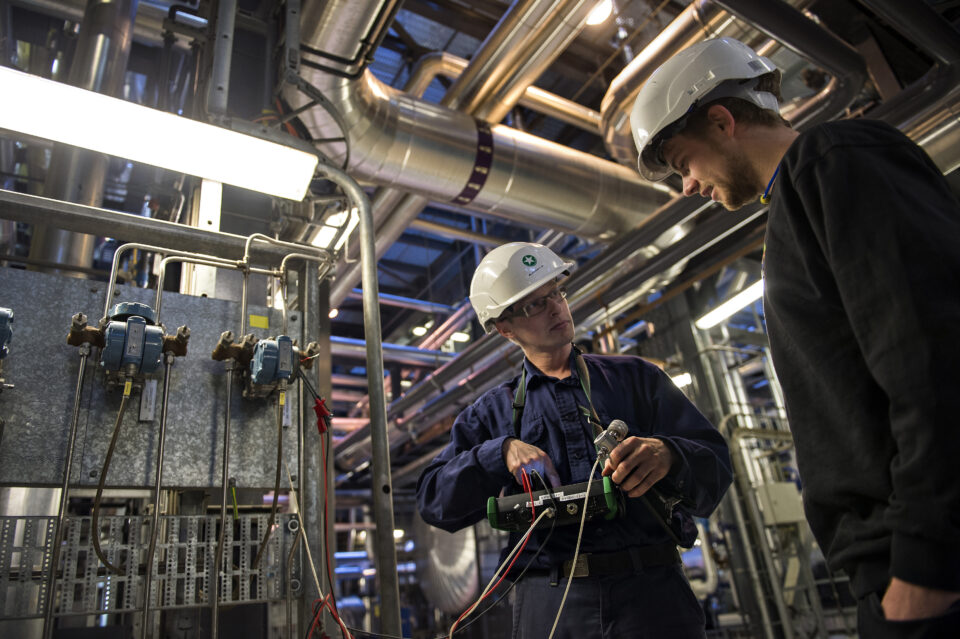
The time for democratising technology and data is now
Jan-Henrik Svensson, CEO, Beamex
As a business leader, a phenomenon that I’ve been following over the past decade is the digital transformation that many companies are embracing. Wood pulp mills, energy utilities, pharmaceutical companies – everyone is seeking ways and means to digitalise and extract greater value from their businesses.
This digitalisation has also ushered in a new era, erasing siloes that have traditionally set and driven organisations’ digital agendas. The emergence of technologies like AI, no or low-code platforms and natural language processing are enabling a sweeping democratisation, allowing workers to exercise initiative and unleash innovation like never before.
Why is this important? First, let’s face the fact that the tech function in most companies struggles to keep pace with digital disruption and change. As a result, the process of deploying new tech or processes tend to be excruciatingly slow, with the technology division unable to devote time or resources to investigate the merits of every single idea. This as a time when workforces are increasingly digital savvy. In such a situation, decentralising or democratising the use of technology would shift some of that burden, allowing other divisions in a company to step up an contribute to the overall good.
If you hate it, automate it
A case in point is the introduction of no or low-code platforms. These allow even non-coders (Or citizen developers as they are popularly known) to create new applications with minimal training in coding. One example is that of G&J Pepsi-Cola Bottlers in Ohio, USA. Employees used low-code apps to create a product display and inventory system that takes inventory and restocks bottles automatically based on historic trends. This and other low-code initiatives saved the company an estimated USD 1.5 million, while improving efficiency and innovation across the board.
According to a McKinsey survey, companies that empower citizen developers score 33 percent higher on innovation compared to those that scored lower. Democratising of technology can also be seen in the increasingly widespread use of Robotic Process Automation (RPAs). These software robots help organisations remove repetitive and mundane tasks from work processes, improving employee satisfaction and productivity. Reports suggest that up to 70-80% of a typical rules-based process can be automated, eliminating about 10-25% of employee time spent on routine tasks, freeing them up to do high-level and strategic work.
Democratisation of technology will also help industries meet critical labour shortages. An example from the calibration industry lies in the need for skilled calibration technicians but demand far outstrips supply thanks in part to the years of training needed to qualify. Now, the power of AI allows us to deploy technologies that automates some of the more technical aspects of calibration, equipping relative newcomers with the tools and capabilities needed to take on the work performed by more experienced professionals.
It is a potent mix. Reduced barriers to technology + a workforce that has the time and tools to work on high-value work and innovations. The results could potentially reduce development times and unleash new products and services from hitherto unforeseen sources. No C-suite executive worth their salt would say no to this.
A balancing act
While I am all in favour of democratising technology to spur innovation, I must also caution readers about being able to separate the wheat from the chaff. This will enable more innovative ideas, but it could also lead to a glut of not-so-good ideas. Companies especially those in the process industry sector, also need to be careful about allowing the rampant and unrestrained use of new technologies (See my previous blog where I have warned about the cybersecurity risks posed by new tech such as AI).
To fully embrace the potential of democratising technology one needs to create an enabling environment where both organisations, their domain experts and potential citizen developers work hand-in-hand. Here is what I suggest:
1) The introduction of new technologies must be done in a phased manner with proper oversight especially in sensitive industries. We cannot plug just any random software into the mainframe.
2) Free rein must be given to employees to identify processes that can be improved upon, and to generate solutions using approved technologies. Proper training can lead to more empowered citizen developers.
3) Domain experts should be trained to collaborate with these developers to identify promising ideas and take them from the drawing board to actual implementation. This will allow for more insightful product development.
4) Organisations should work on continuously optimising the democratisation process, ensuring it does not get bogged down by too many rules and regulations, while still ensuring certain checks and balances are in place. Maintaining that balance is critical.
Don’t forget to democratise data
In the process of democratising technology, we should also tackle ways to democratise the use of data. As the use of technologies rise, and innovations and processes come about, we can also expect an exponential increase in the data generated from a business. You do not want to have a data swamp, which is not being leveraged effectively.
Properly done, democratising data will allow all users of a company to be able to visualise, access and work with the data to come up with innovative solutions. Doing this requires a way to integrate the data collected from an organisation’s IT as well as its OT. This is especially true for process industries who may be working with legacy infrastructure. In such cases, it is also crucial that the data collected through these legacy systems and equipment be as accurate as possible. This can be achieved using data architecture, advanced sensors, machine learning and of course, by ensuring trustable measurement data through calibration.
That said, this is still at an organisational level. To unleash true innovation and fully leverage the democratisation of data and technology, companies must seek to build shared data ecosystems where all this data can be analysed and used in solving industry-level challenges. After all, no company can go about the digitalisation process alone. And with the sheer amount of data that is generated through these new technologies, they will need all the help they can get. But of course, processes and standards should be introduced to ensure that this data can be shared safely and securely.
Impossible? Not at all. At Beamex, we have taken a step in this direction with the Digital Calibration Certificate, which allows for the electronic storage and sharing of calibration data through standardised and encrypted systems. I foresee more such innovations making the democratisation of tech and data a reality as companies come together to build common standards and open-sharing protocols and APIs.
Until that time, we will continue to work with different industries to share our experiences with digitalisation, and best practices in enabling the democratisation of technology and data. Do you have thoughts on the matter? Get in touch. I am all ears.
You might also find interesting

For a safer and less uncertain world
Welcome to our series of topical articles where we discuss the impact that accurate measurement and calibration has on the world and our everyday lives.




